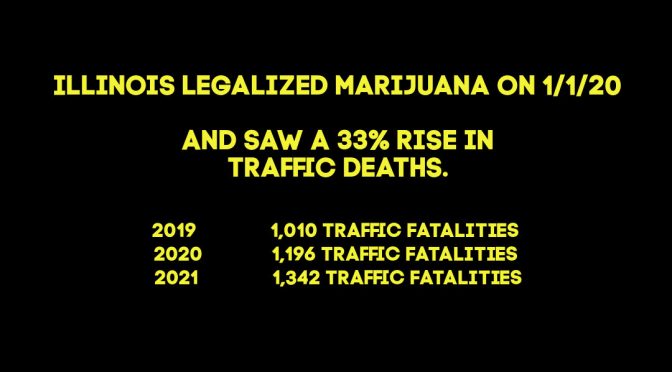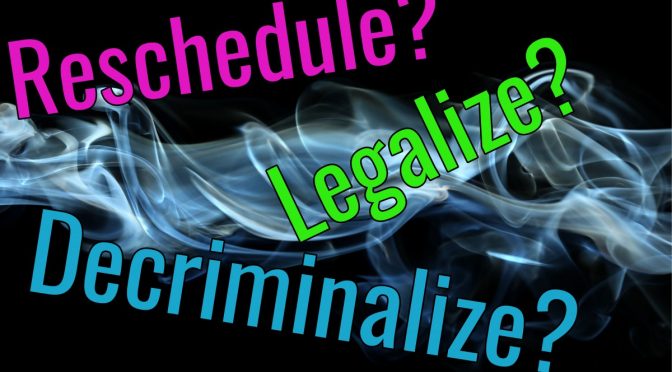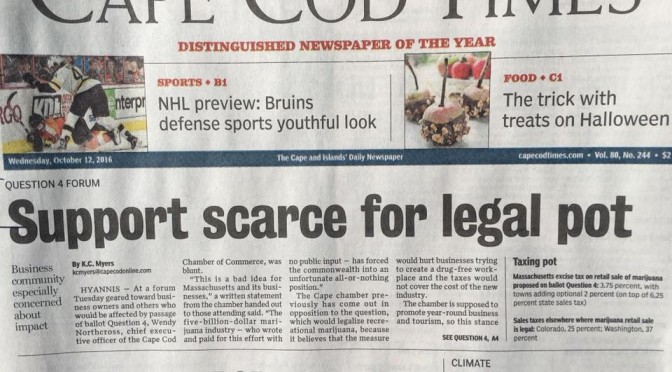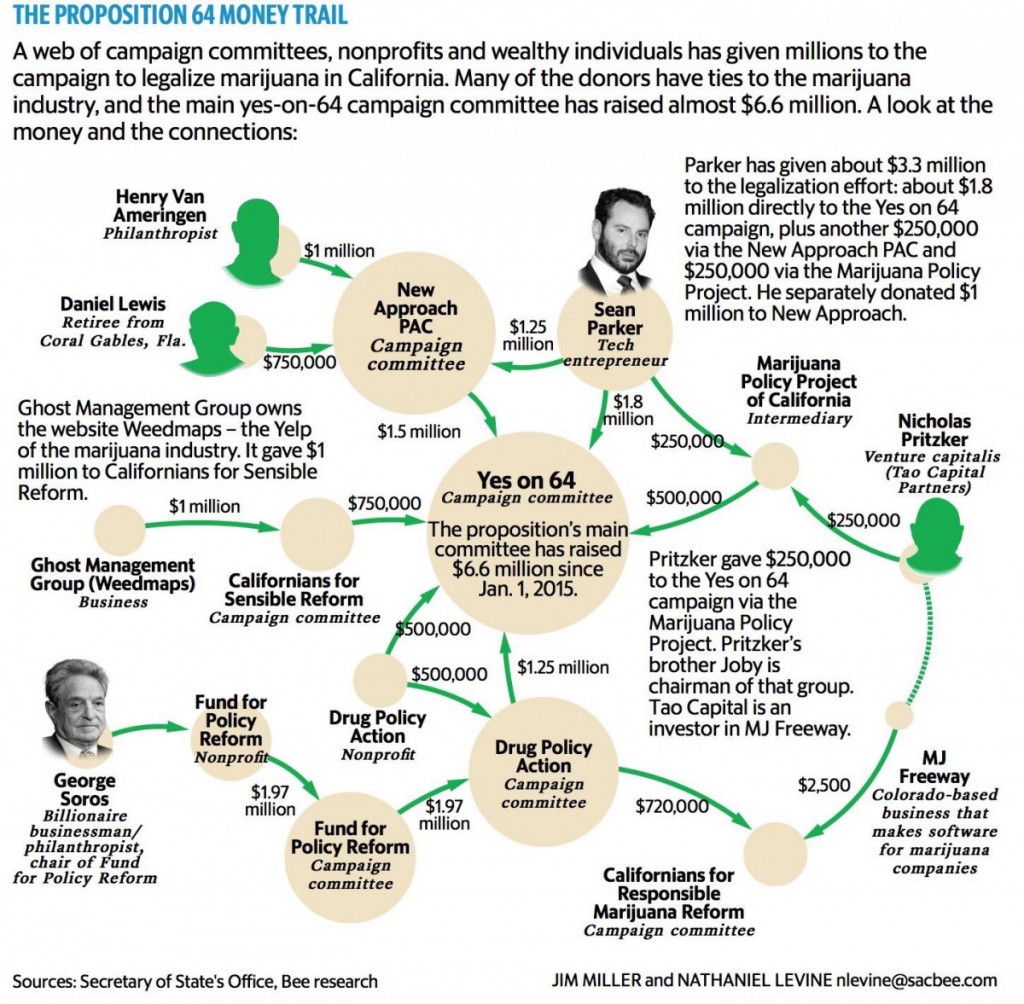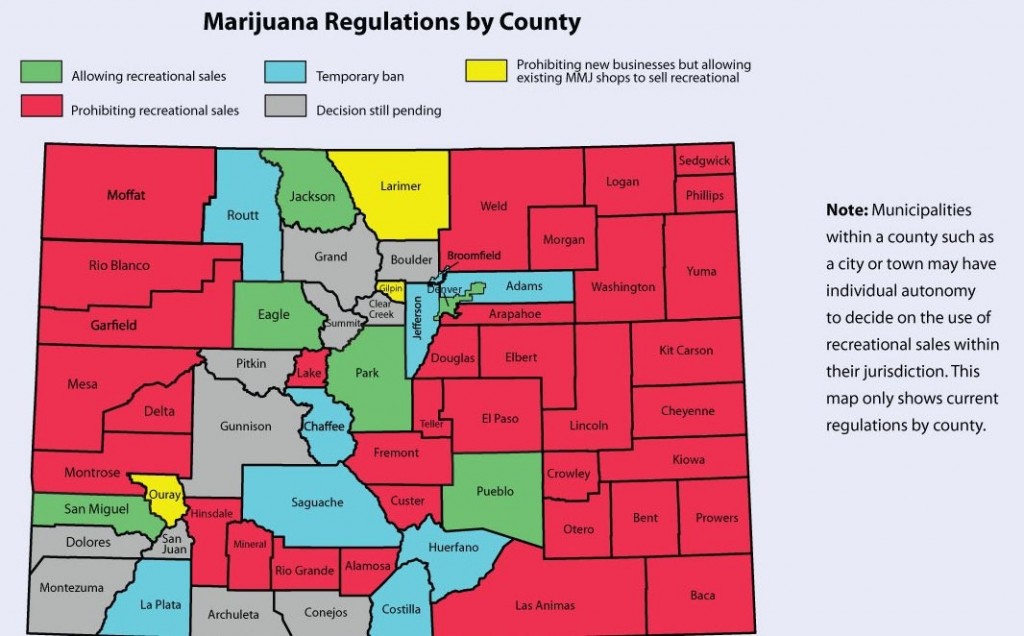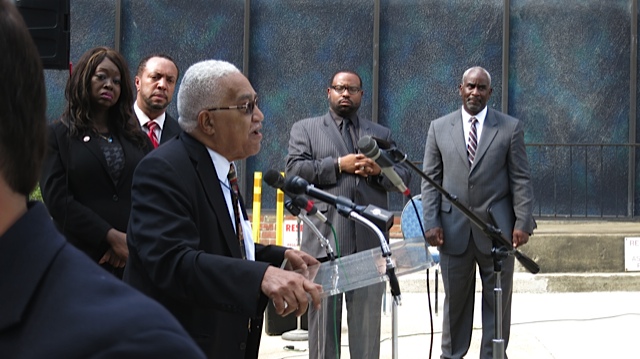For Immediate Release
Parents Opposed to Pot Warns Retail Marijuana Sales Increases Traffic Deaths
Merrifield, VA –March 31, 2022–As New Mexico, New Jersey, New York and Virginia move to legalize commercial sales of marijuana, Parents Opposed to Pot warns people in those states to expect a rise in traffic deaths. In Illinois, the first state to commercialize marijuana through the state legislature (June 2019), traffic deaths rose 33 percent in the first two years after cannabis shops opened on January 1, 2020.
Traffic deaths in Illinois were 1,010 in 2019.In 2020, which included the COVID lockdowns, traffic deaths rose 18.2 percent to 1,196. Then in 2021, traffic deaths rose to 1,342, according the state website.
A study published in the June 2020 Journal of American Medical Association Internal Medicine estimated nationwide marijuana legalization would result in 6,800 more traffic deaths each year. The researchers looked at the first four states to legalize marijuana, Colorado, Washington, Oregon and Alaska, and compared them before and after with states that had neither recreational nor medical marijuana.
Congress is expected to vote on the MORE Act this week, a move to legalize marijuana nationally that the House is expected to vote on this week.
Two years ago, an American Automobile Association post-legalization study of Washington state, found drivers involved in fatal crashes who test positive for marijuana, doubled.[1] A study in 2019, five years after Washington and Colorado opened retail cannabis shops found a statistically significant increase in marijuana related traffic fatalities of 2% in these states.[2]
Before the Illinois state legislature passed a bill to legalize pot in May 2019, the Illinois Sheriff’s Association, warned of the need for a roadside test comparable to the breathalyzer for alcohol.[3] States legalized marijuana without an adequate test to find out if a driver is marijuana impaired.
As of 2021, Illinois had trained only 122 law enforcement officials trained as Drug Recognition Experts in the entire state. According to Chicago- HIDTA,Illinois does not distinguish DUI arrests made for alcohol, marijuana, or other substances.
Marijuana poses numerous risks to safe driving. “The drug causes alterations in mental status, vigilance, judgment, and other neurologic functions. Studies have shown that impairment persists even when the driver no longer feels high. Because THC (the active ingredient in marijuana) is fat soluble it leaves the blood quickly and builds up in the brain. Daily users have been shown to have cognitive impairment that lasts weeks after stopping marijuana,” explains Russell Kamer, MD, a board member of Parents Opposed to Pot, a nonprofit with a mission to educate parents.
Parents Opposed to Pot is tracking news reports of child deaths related to adults under the influence of marijuana. Since 2012, when Colorado first legalized recreational marijuana, at least 39 children died in DUID marijuana car crashes related to parent or caregiver drug usage.[4]
Parents Opposed to Pot is a 501C3 nonprofit based in Merrifield, Virginia. Follow PopPot in social media: Twitter @poppotgroup, Facebook @poppotorg. For more information, visit the website, PopPot.org or call phone 773-322-7523.
[1] https://newsroom.aaa.com/2020/01/fatal-crashes-involving-drivers-who-test-positive-for-marijuana-increase-after-state-legalizes-drug/
[2] https://www.sciencedirect.com/science/article/abs/pii/S0001457519310267
[3] https://www.cbsnews.com/chicago/news/drivers-influence-marijuana-crash-illinois-legalization/
[4] https://poppot.org/wp-content/uploads/2021/12/122921-Child-dangers-fact-sheet-FINAL.pdf

